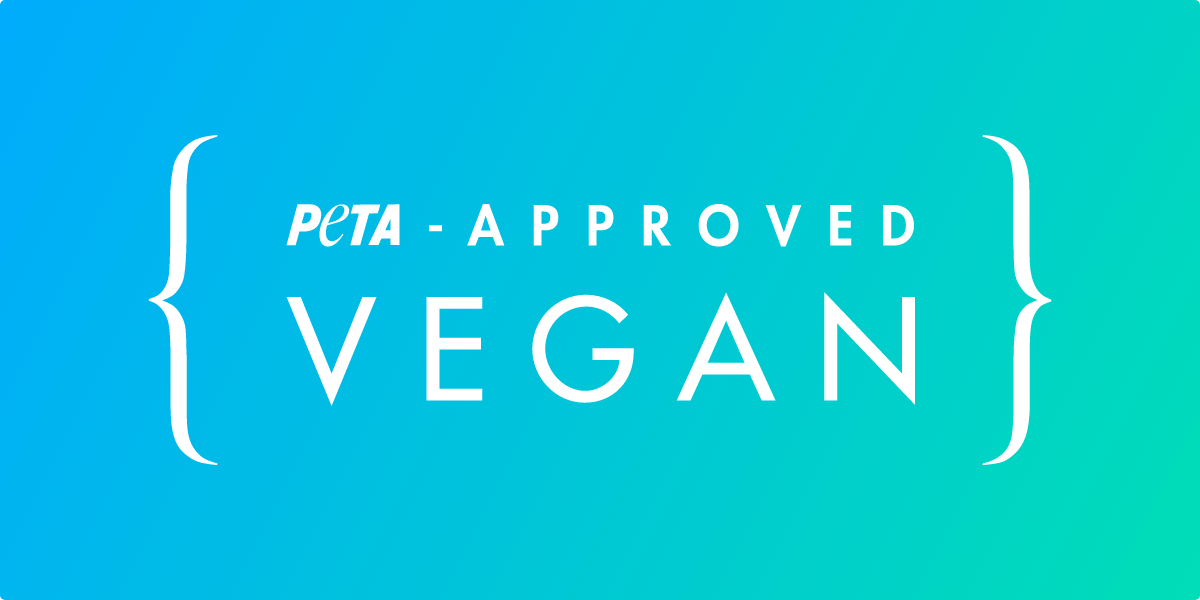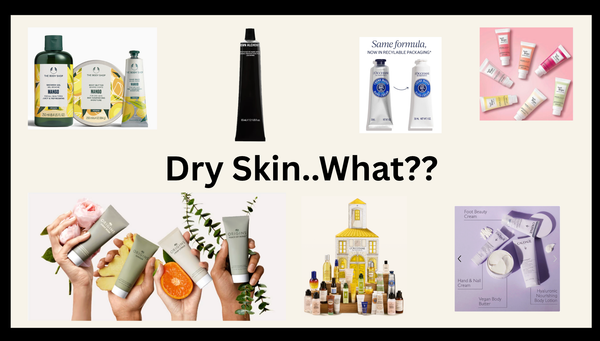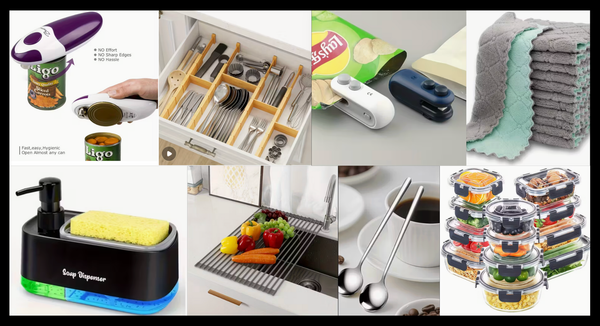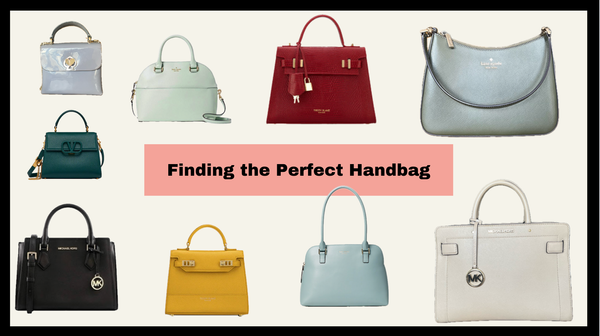Cruelty-Free Cosmetics: Is it Worth it?

In recent years, there has been a growing awareness and demand for cruelty-free cosmetics. I personally thought that cruelty-free products were those that do not involve child labor at any point during manufacturing.
But it turns out that the term cruelty-free refers to only the products that have not been tested on animals at any stage of production, including the ingredients used. This means that neither the finished product nor its components have been subjected to animal testing by the manufacturer, their suppliers, or any third parties.
Why are products normally tested on animals?
Households, cosmetics, and other products are tested on animals to ensure they are safe for us humans. In the USA, the Food and Drug Administration (FDA) is responsible for ensuring that cosmetics and other products are safe for the general public.
The FDA officially does not require companies to do animal testing before introducing new products in the market, but it does need some sort of proof that the new product is safe for human use. Moreover, companies testing products on animals are required by law to take good care of lab animals, design tests with due consideration of their relevance to human and animal health, and minimize the suffering of the animals. (Source: fda.gov)
Which Animals are used for Testing?
For animal testing, rabbits are most commonly used. Even though pigs have skin fairly similar to that of humans, rabbits are the animals of choice as they are small, gentle, easy to handle, relatively cheap to maintain, and breed fast, creating new test subjects in a short period of time. (Source: hsi.org)
Moreover, Rabbit’s skin is much thinner and far more sensitive than human skin. If a product irritates a rabbit’s skin, it will most definitely irritate a human's skin as well. (Source: Uhm et al., 2023)
What are Cruelty-Free Products Tested on?
Have you ever wondered if cruelty-free products are not tested on animals, are they even safe? The answer is not that simple. Some cruelty-free products are tested on human volunteers. That’s right! These products are tested on Poor People! This means that those cruelty-free products are safer than conventional products, but not actually CRUELTY-FREE.
However, not all cruelty-free products are tested on human volunteers, some are tested in vitro (i.e. in the lab). In laboratories, cruelty-free products are tested either on bacteria or on cells and tissues derived from humans!
However, recently some big companies have been using Computer modeling as an alternative to animal testing. A huge amount of data is collected about the effect of a certain ingredient or chemical on the skin. With the help of that data, scientists can predict how other similar chemicals will react with the human skin. (Source: peta.org)
In conclusion, cruelty-free products are either tested on other humans instead of animals, OR they are being tested on you!
Are Cruelty-Free Products Less Effective?
Cruelty-free brands claim their products are just as effective as the conventional ones. But this is not true.
Due to a lack of animal testing, cruelty-free products often contain natural ingredients and very mild chemicals. Those ingredients might have a less harmful impact on the environment, but for skincare, they are less effective, and in makeup, they don’t last very long!
Using 100% natural or vegan products for skin care, for example, is like rubbing potato peel or orange peel (as they are packed with Vitamin C) on your skin to treat hyperpigmentation. It will make your skin brighter as well. But the thing is, the potato and orange will go bad in a day or two, become dried out, and start to stink.
In order for these natural products to last longer, some preservatives need to be added to them. Those preservatives are strong chemicals that need to be tested before applying the finished products on our skin. Otherwise, they can cause serious allergic reactions.
Cruelty-Free Products Cost Less!
It costs a significant amount of money to house, feed, breed, and care for the animals involved in testing. The alternate methods (in-vitro testing and computer modeling) can be carried out in a single lab, involving only a few scientists. This means that cruelty-free products cost less to the companies. On the other hand, they are usually sold at higher prices for being CRUELTY-FREE!
The only additional expense for Cruelty-Free companies is the fees they have to pay to the certification organizations, for keeping the license and using their official logo. For organizations like Leaping Bunny, there is only a one-time fee, ranging from $500 to $4500, depending upon the company's gross annual sales. (Source: leapingbunny.org)
For other certification organizations like PETA, there is an annual certification fee starting from $250 for a company with an annual revenue of $1500. The fee increases up to $3000 for an annual revenue of $10,000,000 plus. (Source: peta.org)
Any Company can claim to be Cruelty-Free
This is True! Currently, there is no regulation for the term Cruelty-Free (even in USA and Canada). Any company can put the labels like “Cruelty-Free”, “Not Tested on Animals”, or ‘Picture of a bunny’ on their products. While their end product may not have been tested on animals (they might as well be), the individual ingredients are almost always tested on animals. Moreover, some companies who do not do the testing on animals themselves, contract other companies to do the animal testing for them. (Source: leapingbunny.org)
How to actually become a Cruelty-Free company?
Due to increasing demand, more and more companies are becoming cruelty-free. There are two main organizations (Leaping Bunny, PETA, etc), that give certifications to companies for a cruelty-free status. Once a company has been verified by these organizations, they can officially put the Cruelty-free LOGO on their packaging.
Leapning Bunny
Leaping Bunny is the only internationally recognized certification organization for cruelty-free brands. It is very selective. If an old company wants to get this certification, it has to stop testing on animals at all stages, for at least 5 years before applying for the Cruelty-Free status from Leaping Bunny.
Currently, Leaping Bunny is the only authentic Cruelty-Free certification organization as it carries out independent audits to test if the companies’ claim about animal testing is true, before giving the certification.
Here is the list of all the Cruelty-Free companies certified by Leaping Bunny.(Source: crueltyfreekitty.com)
My Perosnal Experience
I once bought dish soap and laundry detergent from the brand 7th Generation. Note that this is a cruelty-free brand certified by Leaping Bunny. After washing our clothes with this detergent for the first time, my husband and I developed a very bad rash. The dermatologist told us that it may be due to our detergent as most people develop a rash after washing their clothes with TIDE. After 1 month, when I switched back to our old detergent (i.e., TIDE), the rash went away!
Whenever I washed dishes with that soap, my hands stung so badly. It also made my hands extremely dry and rough. (Now I use only the Dawn dish soap and it leaves my hands feeling very soft and moisturized).
Moreover, I remember seeing a review on Amazon about that same dish soap, that someone mixed that soap with water, washed the dishes, and threw the leftover soap on the grass in the backyard. The next morning, the grass from that place where the detergent had fallen was gone! She had also included a picture of the burnt grass in her review.
Sources
- https://www.fda.gov/cosmetics/product-testing-cosmetics/animal-testing-cosmetics#:~:text=Animal%20testing%20by%20manufacturers%20seeking,of%20a%20product%20or%20ingredient.
- https://www.hsi.org/news-resources/blinded_rabbits/#
- Uhm, C., Jeong, H., Lee, S. H., Hwang, J. S., Lim, K. M., & Nam, K. T. (2023). Comparison of structural characteristics and molecular markers of rabbit skin, pig skin, and reconstructed human epidermis for an ex vivo human skin model. Toxicological Research, 39(3), 477-484.
- https://www.leapingbunny.org/company-faq#:~:text=There%20is%20no%20cost%20to,ranges%20from%20%24500%20to%20%244%2C500.

- https://www.leapingbunny.org/news-resources/myths-facts
- https://www.crueltyfreekitty.com/cruelty-free-101/leaping-bunny-vs-peta/






